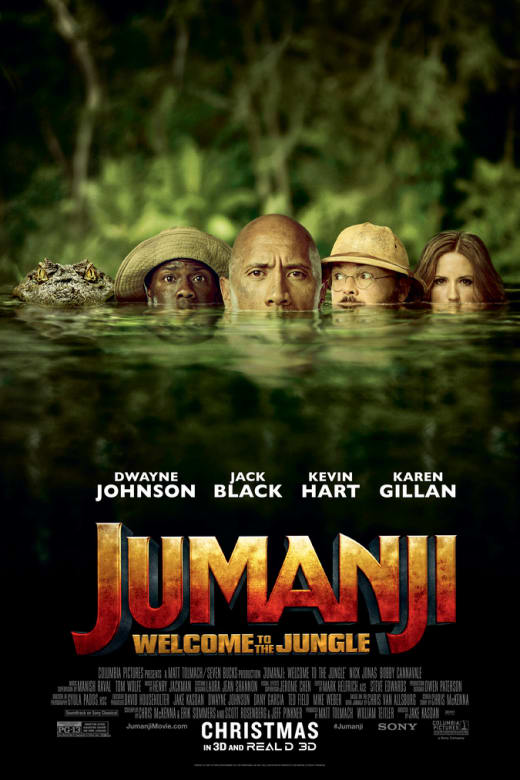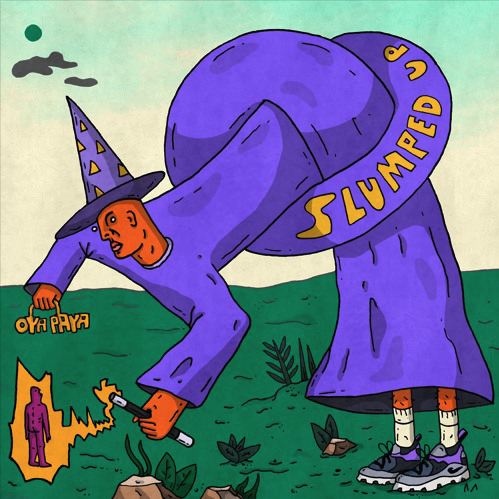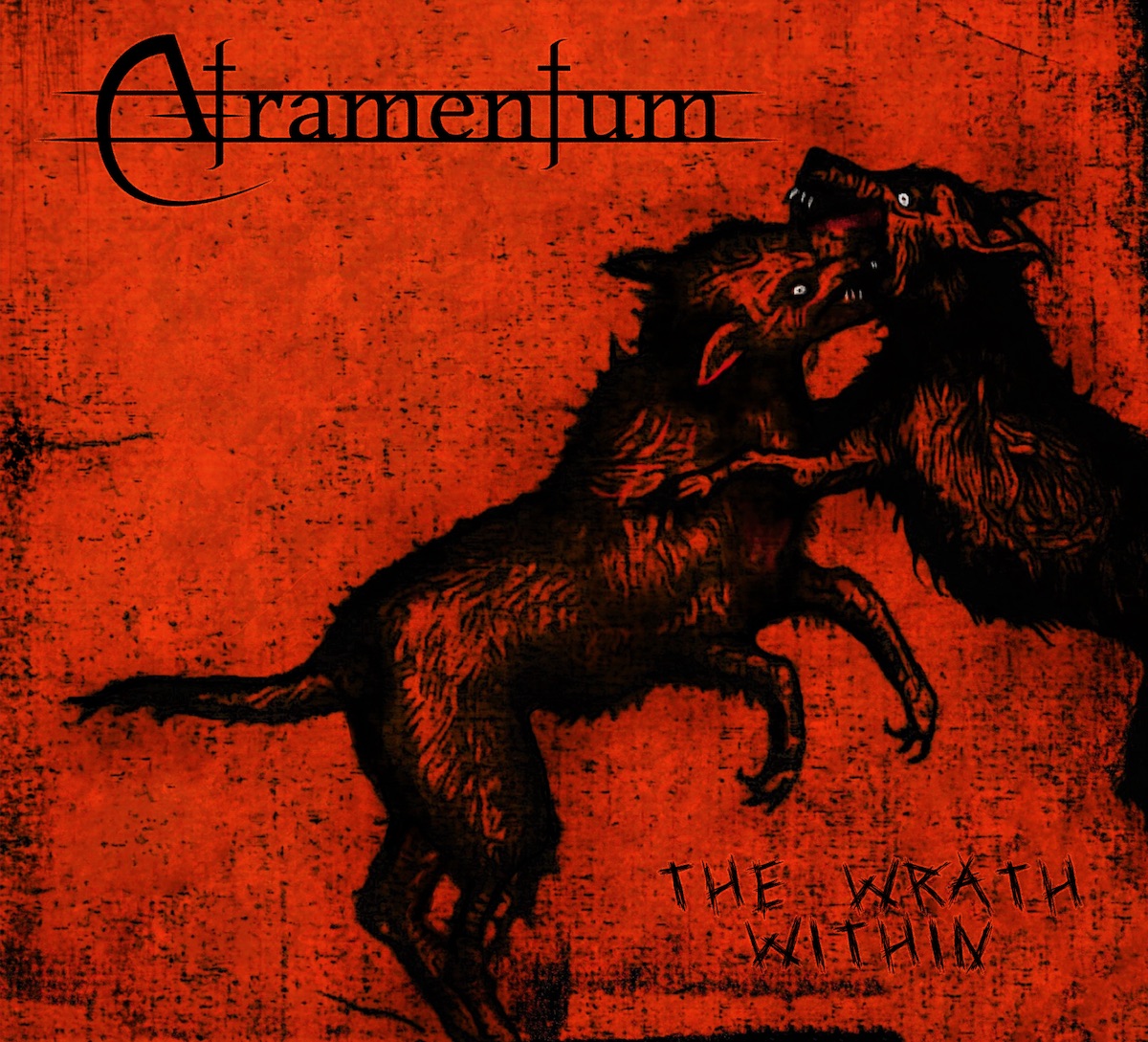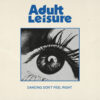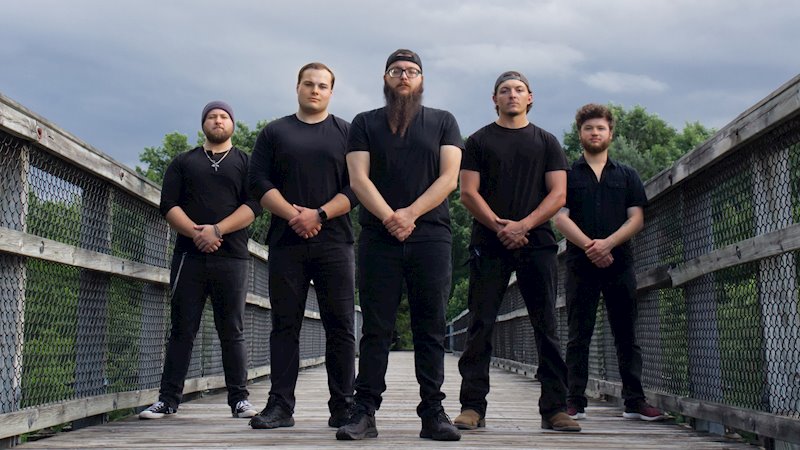In 1995 audiences were taken on a fantastical adventure when two young children began to play the board game Jumanji, a magical game which, once started, cannot be stopped until the end is reached. The film, titled after the game, still resides in the hearts of the children that watched it, beloved for its wild and ridiculous premise. Though the 2005 follow-up Zathura: A Space Adventure didn’t connect with audiences as strongly as Jumanji, it established a cinematic world in which these games – and their strange rules – exist. So enters Jumanji: Welcome to the Jungle, the third entry in the Jumanji series and the closest thing to a direct sequel to the original. For those in fear that Jungle would somehow diminish or tarnish the original, be not afraid – not only does Jungle honor its past, it manages to move the Jumanji universe forward, playing upon the themes of the original, while introducing a whole new perspective.

Beginning in 1996, one year after Alan Parrish (Robin WIlliams), Sarah Whittle (Bonnie Hunt), and Judy and Peter, the Shepherd kids (Kirsten Dunst and Bradley Pierce) finished their game, Jumanji finds itself in the hands of a new player, Alex. After Alex shuns the antiqued board game for his Playstation, Jumanji changes itself into a video game console overnight which successfully convinces the boy to play. Like Parrish, Alex is drawn into the game until someone else finds Jumanji and takes a turn. Twenty years later, four teens in detention – Spencer (Alex Wolff), Anthony (Ser’Darius Blain), Martha (Morgan Turner), and Bethany (Madison Iseman) – are transported into the world of Jumanji, placed within the avatars they chose within the start menu. No longer themselves, they become Dr. Smolder Bravestone (Dwayne Johnson), Dr. Franklin Finbar (Kevin Hart), Ruby Roundhouse (Karen Gillan), and Professor Shelly Oberon (Jack Black), each with their own set of unique skills, which, when used together, may just be enough to finish the game and get themselves free.

After the initial announcement of Jungle, the response was less than positive, prompting all involved in the film to make one statement or another regarding the authenticity of the project. Not only is Jungle respectful of the legacy of Jumanji, but it builds upon it – giving audiences a glimpse of something even more wondrous. How do they do it? By wholly embracing the novelty of the series. Where the original film followed board game rules, Jungle is ruled by the laws of video games. This means extra lives, special skills, a team dynamic-based world, and loads of ridiculous action. So you want to watch Dwayne Johnson take down his enemies with brutal efficiency in the wildest ways possible? The rules allow it. Want to see Karen Gillan engage in dance fighting? The rules insist on it. Or maybe you’d like to see someone explode from eating the tiniest piece of pound cake. Sorry, Kevin Hart – good thing you have extra lives. Each of the sequences, as they play out during Jungle, are singular, inventive, and incredibly fun. Which is really all Jungle needs to be – fun. Though that doesn’t stop it from having inserting a little heart, much like its predecessors.

Much like Jumanji and Zathura before it, the core theme of Jungle revolves around open communication and facing your fears; two narrative motifs that run hand-in-hand as four teens, whose various social circles make their forced interpersonal communication tenuous, must band together to survive the outlandish world of Jumanji. Smart, yet terrified of the world, Spencer becomes the bold, strong Bravestone; Athletic Anthony becomes weapons valet Finbar; physically self-conscious Martha becomes Ruby, the Killer of Men; and self-obsessed Bethany becomes cartographer Shelly Oberon. Obviously their avatars are meant to represent their weaker sides, but the manner in which Jungle forces them to embrace these reluctant parts of themselves leads to many of the funnier moments. For example, shy Spencer as Bravestone takes on the role of leader because his video game knowledge and in-game skill-set demands it. So when he walks away from the group, standing with hands on hips, gallantly staring off over the hillside, the team sees nothing but their valiant leader. What the audience is privy too, however, is Spencer as Bravestone repeating under his breathe, “don’t cry, don’t cry.” In another example, Bethany, saddled with a male-gendered avatar Oberon, appears terrified, befuddled, and amused by the newly acquired man-unit that appears between his legs. This is perhaps the greatest surprise of Jungle as 1. the lesson for Bethany is that she’s smarter and more capable than even she imagined, 2. the gender switch isn’t played to make fun of Bethany as a stereotypical teenage girl, and 3. her forced gender dysphoria – something she handles with strength and grace – eschews the expected juvenile humor for honest fascination and enjoyment.

One thing absolutely worth mentioning are the performances from Johnson, Gillan, Hart, and Black. Their job is not just to look the part of the avatars, but to communicate their lines and actions as if they are the teens. Impressively, though you’re looking at the mighty Dwayne Johnson, it’s easy to picture him as the diminutive Spencer through his delivery and body movements. Each actor carries this burden and achieves their task beautifully. This alone makes some of the sillier moments work and it’s not because the actors are playing against type, but is due to their complete embodiment of the players’ mannerism and quirks.

Jumanji: Welcome to the Jungle has one job: to delight audiences from beginning to end. In that, Jungle succeeds beyond expectations. It’s not the greatest film nor is it gut-busting hilarious, but it’s incredibly fun and its humor is genuine. Where so many films strive to garner laughs through humiliation, Jungle acknowledges the silliness inherent in ourselves in all our awkward glory. And to the naysayers out there, if we can have horror films loosely connected by dolls, traps, and other macabre emanations, then there’s surely room for a children’s version of the same. So get ready to game, audiences: Jumanji awaits.
Final Score: 4 out of 5.
[youtube= https://youtu.be/v_TJKwJwN0E]
Find the latest details on Jumanji: Welcome to the Jungle on Facebook | Twitter | Instagram | Website.

